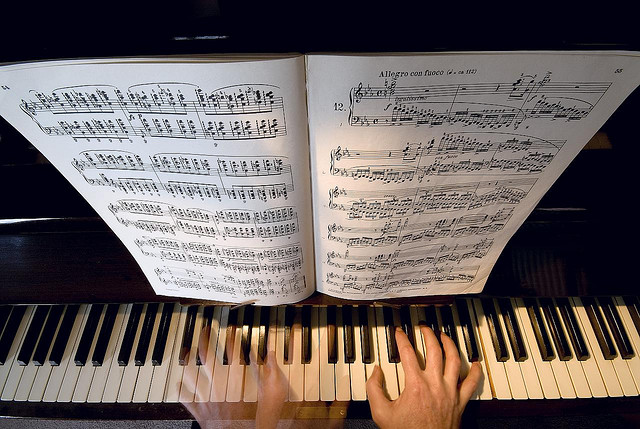I think perfectionism is based on the obsessive belief that if you run carefully enough, hitting each stepping-stone just right, you won’t have to die. ~Anne Lamott
Raise your hand if you are a perfectionist.
J.B. Phillip’s, the famous Bible translator admitted, “this obsession for the perfect can make us arrogantly critical of other people and, in certain moods, desperately critical of ourselves.”
Sometimes I picture a tiny courtroom bench, with a toddler banging the gavel and pronouncing judgment on a row of unsuspecting stuffed animals, and then berating herself. The toddler is me. My patient heavenly Father leans against the door, biting his tongue…
Perfectionists may believe in God’s forgiveness. But it doesn’t matter, because it’s not God’s approval we are seeking, instead, “the tyrannical super-Me condemns and has no mercy on myself,” as Phillips sadly notes. Perfectionists assume we know better than God. Our own hearts condemn us.
A Perfectionist’s Peace
God is infinitely greater in wisdom and love than we are and, unlike us, knows all the factors involved in human behavior.
We are guilty of certain things, and these we must confess with all honesty, and make reparation where possible.
But there may be many factors in our lives for which we are not really to blame at all. We did not choose our heredity; we did not choose the bad, indifferent, or excellent way in which we were brought up.
This is naturally not to say that every wrong thing we do, or every fear or rage to which we are subject today, is due entirely to heredity, environment, and upbringing.
But it certainly does mean that we are in no position to judge ourselves; we simply must leave that to God, who is our Father and “is greater than our hearts, and he knows everything.”
It is almost as if 1 John 3: 18-20 is saying, “If God loves us, who are we to be so high and mighty as to refuse to love ourselves?”
J.B. Phillips (1906-1982)
How do you address the perfectionist tendencies in you?
photo credit
